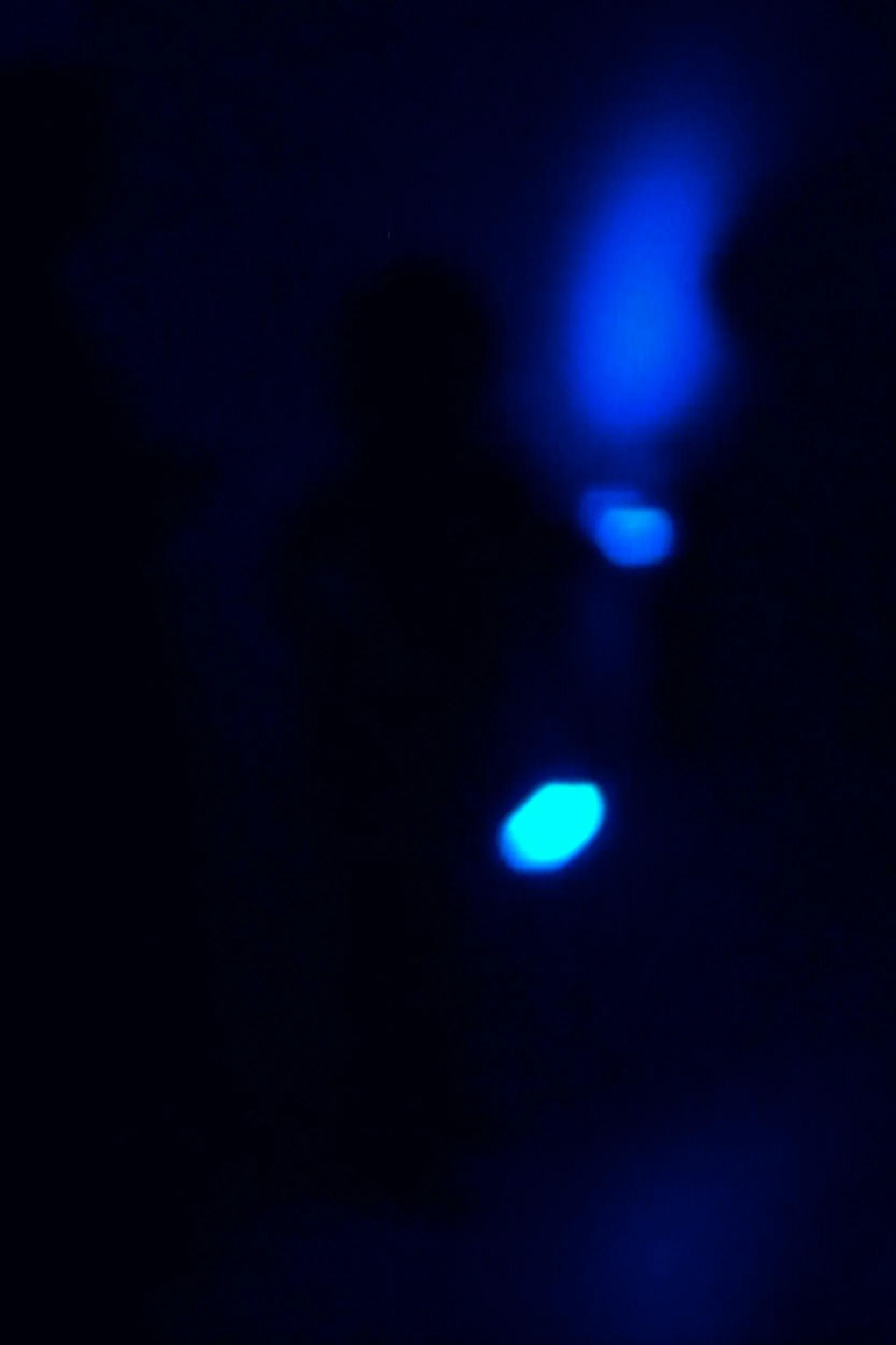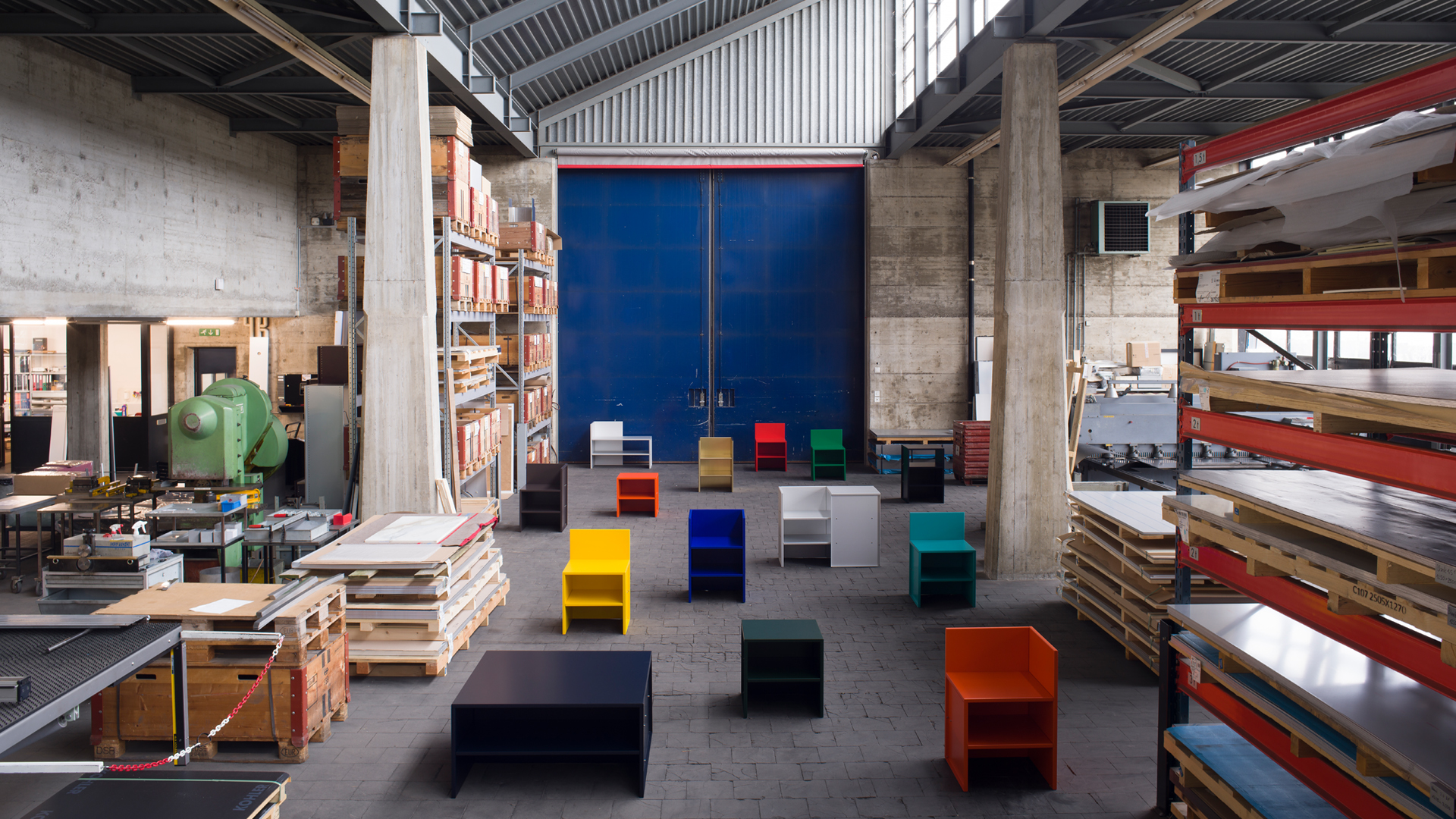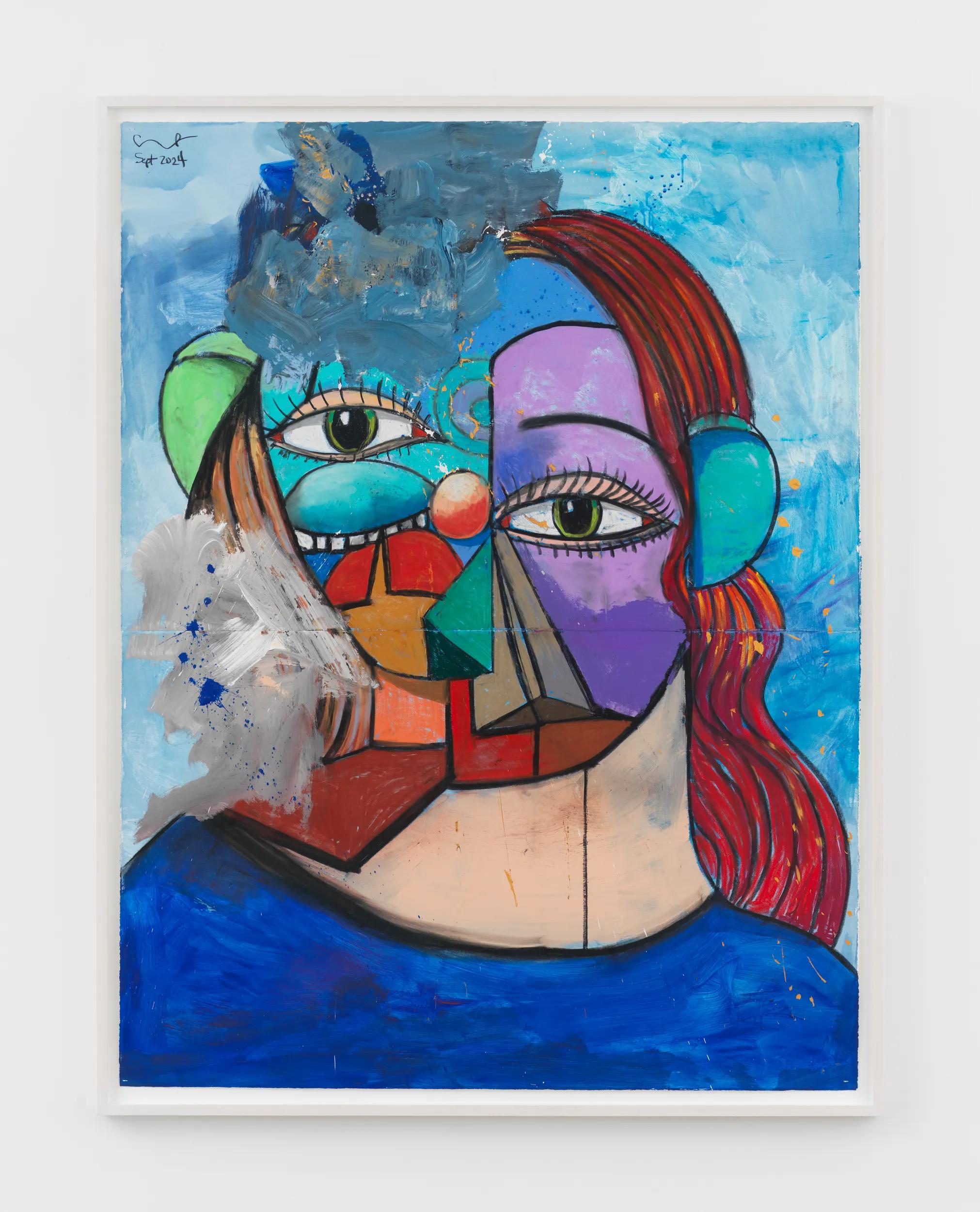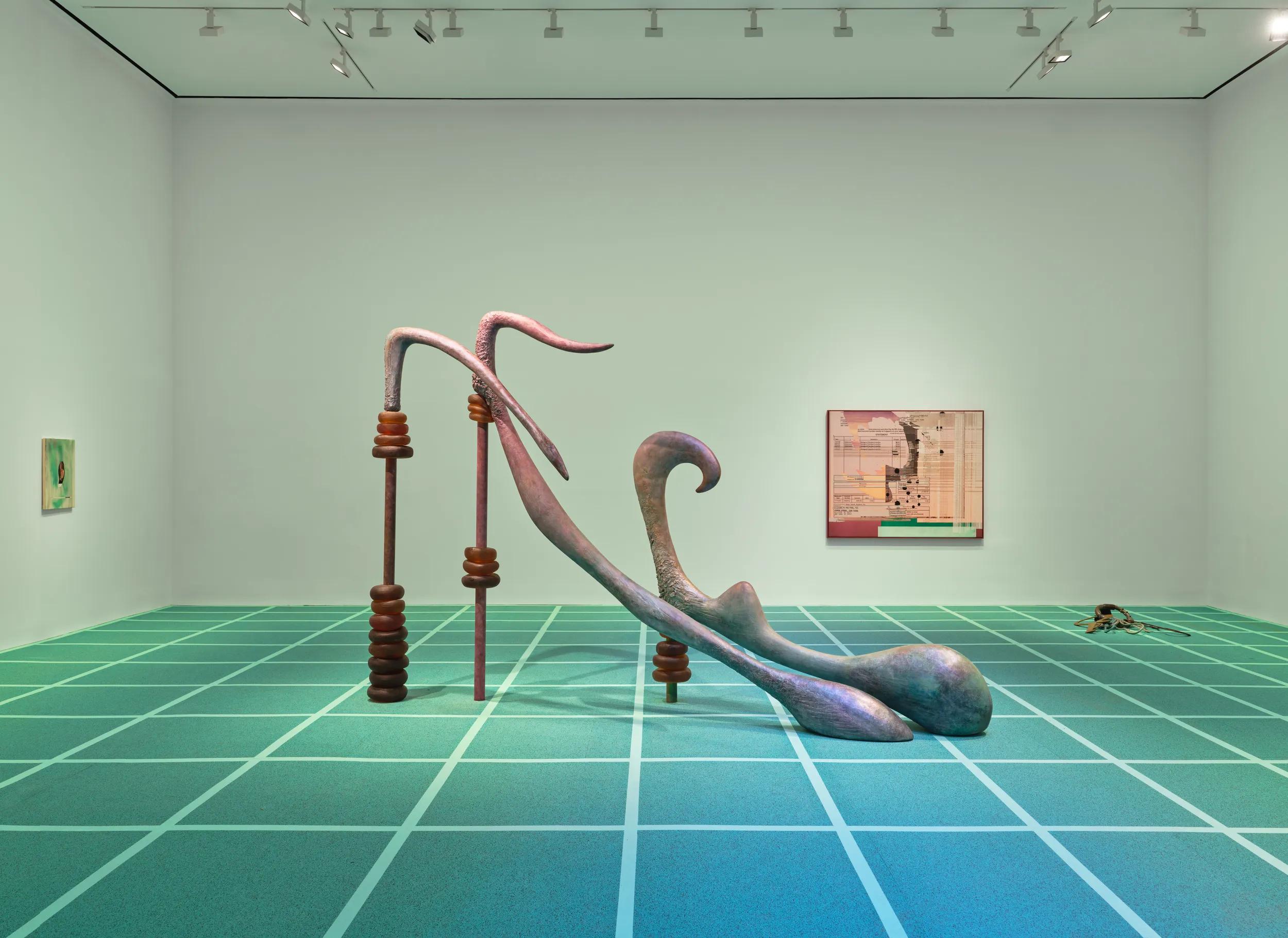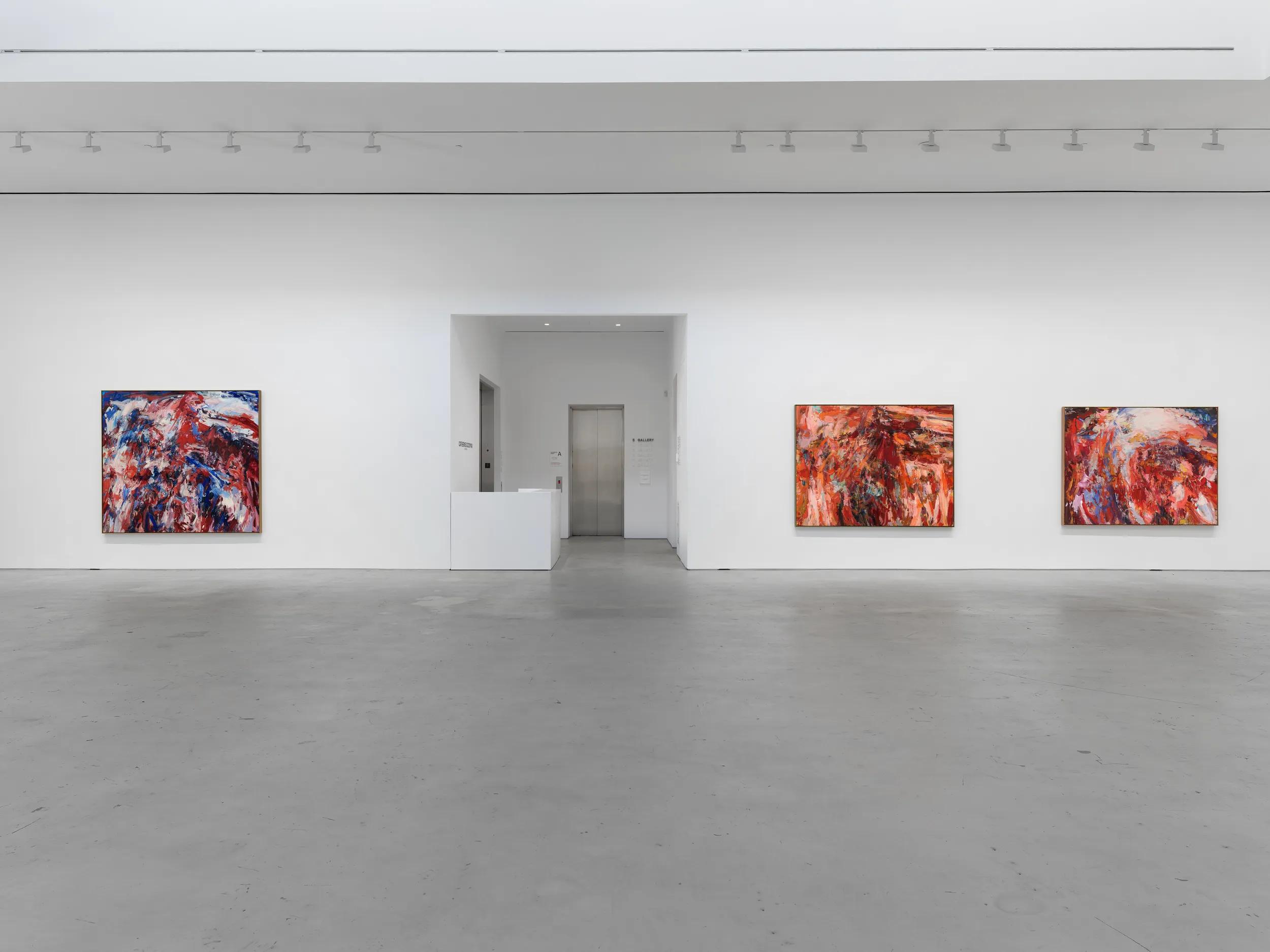
Felix Gonzalez-Torres
Curated by Julie Ault and Roni Horn
27 May - 30 July 2016
London
Three-part Exhibition at Andrea Rosen Gallery, New York; Massimo De Carlo, Milan; Hauser & Wirth London
Andrea Rosen Gallery, Hauser & Wirth and Massimo De Carlo are delighted to announce a three-part exhibition of the work of Felix Gonzalez-Torres. Curated by artists Julie Ault and Roni Horn, the exhibition will be on view at Andrea Rosen Gallery, New York; Massimo De Carlo, Milan; and Hauser & Wirth, London in May, June, and July 2016. This exhibition will be the first solo presentation of the artist’s work in Milan since an exhibition at Massimo De Carlo in 1991 and the first in London since the artist’s survey at the Serpentine Galleries in 2000. Over the last decade, Andrea Rosen Gallery has been dedicated to a series of two-person exhibitions situating Gonzalez-Torres’s work with artists including Joseph Kosuth, Agnes Martin, On Kawara and Roni Horn and this will be the first solo show at the gallery since 2000.
Each venue of the exhibition will focus on a dialogue within an essential body of Gonzalez-Torres’s oeuvre. The experience of each of the three venues is intended to be perceived as simultaneously autonomous and as one element of a whole. As curators take on the rights and responsibilities to make choices in and around the manifestation and installation of Gonzalez-Torres’s work, every exhibition provides the opportunity for a more expansive, complex conceptualisation of the artist’s practice rather than an attempt to present (or preserve) a singular concrete or ‘correct’ interpretation of the work. The profound nature of the curators’ specific choices may encourage viewers to project the other possibilities of exhibitions that the uniquely open and transformative nature of Gonzalez-Torres’s work allows.
Each curator of a Gonzalez-Torres exhibition, whether a new scholar or an old friend, is part of an ongoing trajectory of perspectives. The particular closeness of Ault and Horn to both the fluidity and specificity of Gonzalez-Torres’s working processes during his lifetime is an invaluable resource and contribution to the understanding of the range of methodologies, open-endedness and rigour of Gonzalez-Torres’s work.
‘The failure of conceptual art is actually its success. Because we, in the next generation, took those strategies and didn’t worry if it looked like art or not, that was their business... So I do believe in looking back and going through school reading books. You learn from these people. Then, hopefully, you try to make it, not better (because you can’t make it better), but you make it in a way that makes sense. Like the Don Quixote of Pierre Menard by Borges; it’s exactly the same thing but it’s better because it’s right now. It was written with a history of now…’ – Felix Gonzalez-Torres, interview with Robert Storr, ArtPress, 1995
Selected images

“Untitled”
1991
Installation views


About the Artist

Roni Horn
Roni Horn’s work consistently generates uncertainty to thwart closure in her work. Important across her oeuvre is her longstanding interest to the protean nature of identity, meaning, and perception, as well as the notion of doubling; issues which continue to propel Horn’s practice.
Since the mid-1990s, Horn has been producing cast-glass sculptures. For these works, colored molten glass assumes the shape and qualities of a mold as it gradually anneals over several months. The sides and bottom of the resulting sculpture are left with the rough translucent impression of the mold in which it was cast. By stark contrast, the top surface is fire-polished and slightly bows like liquid under tension. The seductively glossy surface invites the viewer to gaze into the optically pristine interior of the sculpture, as if looking down on a body of water through an aqueous oculus. Exposed to the reflections from the sun or to the shadows of an overcast day, Horn’s glass sculpture relies upon natural elements like the weather to manifest her binary experimentations in color, weight and lightness, solidity and fluidity. The endless subtle shifts in the work’s appearance place it in an eternal state of mutability, as it refuses a fixed visual identity. Begetting solidity and singularity, the changing appearance of her sculptures is where one discovers meaning and connects her work to the concept of identity.
For Horn, drawing is a primary activity that underpins her wider practice. Her intricate works on paper examine recurring themes of interpretation, mirroring and textual play, which coalesce to explore the materiality of color and the sculptural potential of drawing. Horn’s preoccupation with language also permeates these works; her scattered words read as a stream of consciousness spiralling across the paper. In her ‘Hack Wit’ series, Horn reconfigures idiomatic turns of phrase and proverbs to engender nonsensical, jumbled expressions. The themes of pairing and mirroring emerge as she intertwines not only the phrases themselves but also the paper they are inscribed on, so that her process reflects the content of the drawings. Words are her images and she paints them expressionistically, which—combined with her method—causes letters to appear indeterminate, as if they are being viewed underwater.
Notions of identity and mutability are also explored within Horn’s photography, which tends to consist of multiple pieces and installed as a surround which unfolds within the gallery space. Examples include her series ‘The Selected Gifts, (1974 - 2015),’ photographed with a deceptively affectless approach that belies sentimental value. Here, Horn’s collected treasures float against pristine white backdrops in the artist’s signature serial style, telling a story of the self as mediated through both objects and others—what the artist calls ‘a vicarious self-portrait.’ This series, alongside her other photographic projects, build upon her explorations into the effects of multiplicity on perception and memory, and the implications of repetition and doubling, which remain central to her work.
Current Exhibitions
1 / 12




